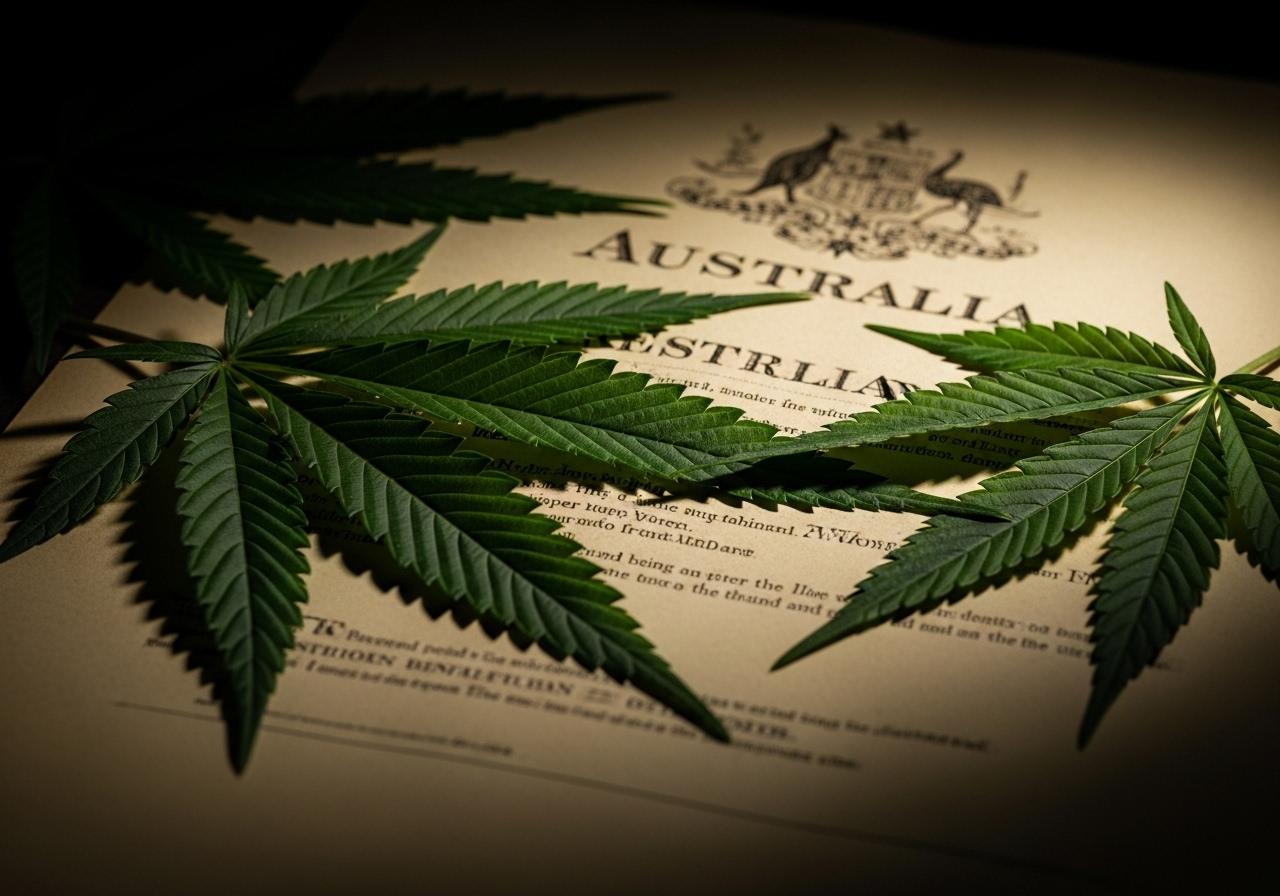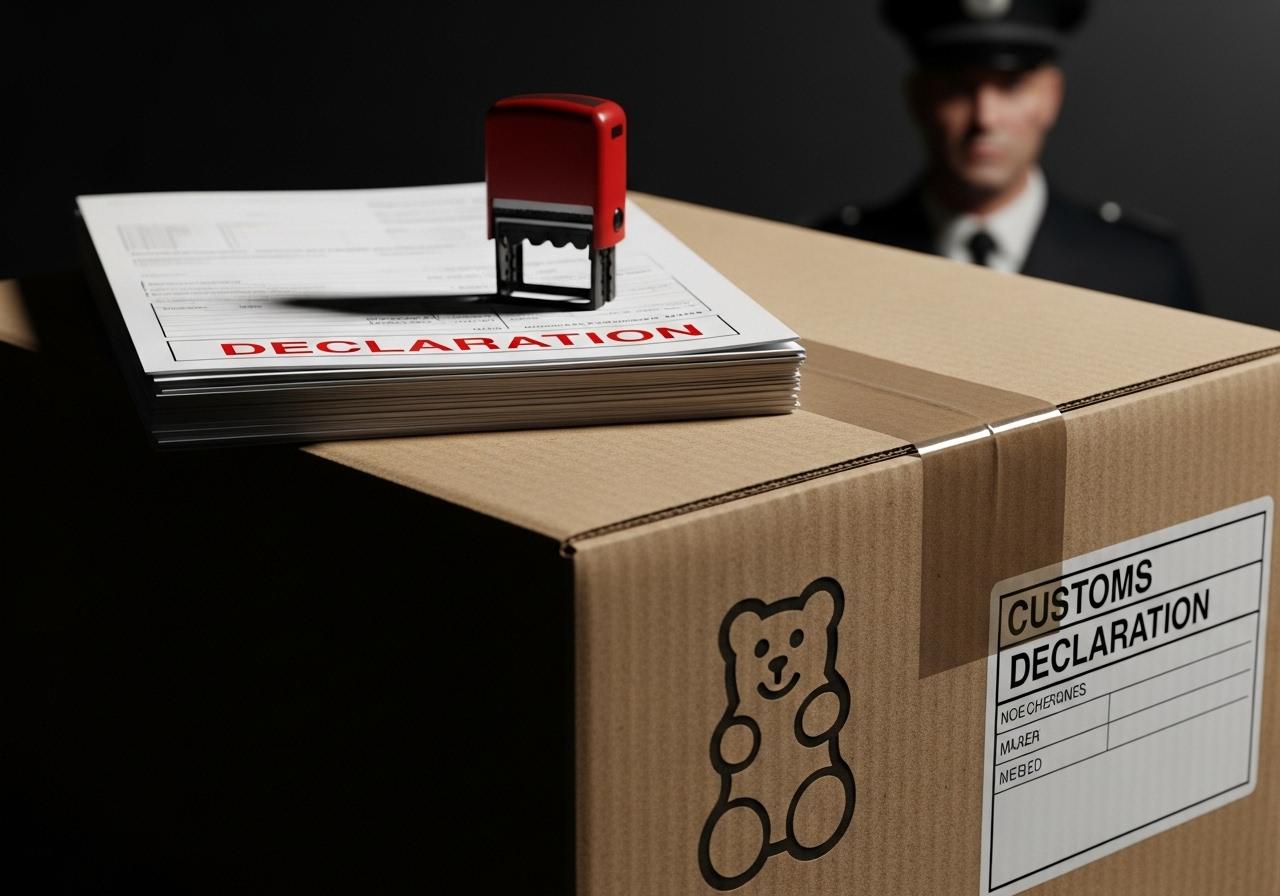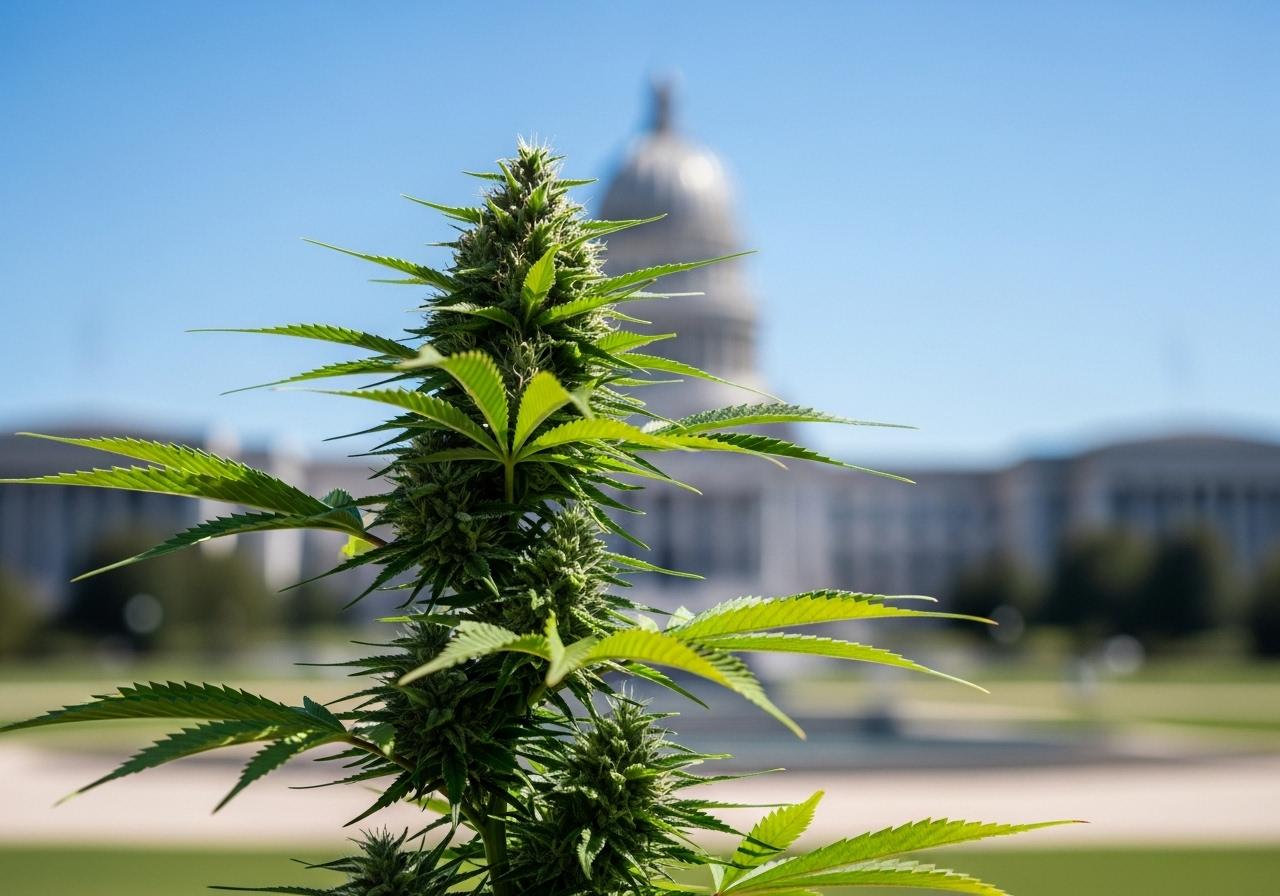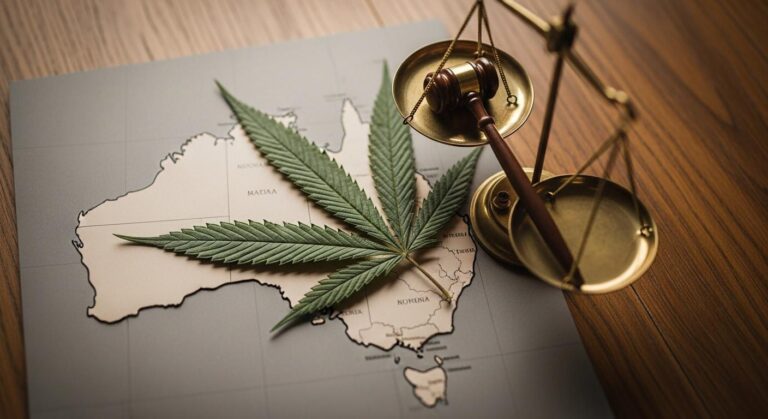Contents
- 1 Is Weed Legal in Australia? The Big Picture
- 2 Overview of Cannabis Laws in Australia
- 3 Medical Cannabis in Australia
- 4 Recreational Cannabis Use and Penalties
- 5 Recent Developments and Legislative Changes
- 6 Social and Economic Implications
- 7 The Role of Advocacy and Public Perception
- 8 Future of Cannabis Legislation in Australia
- 9 Guidelines for Responsible Cannabis Use
Is Weed Legal in Australia? The Big Picture
Australia, the land of kangaroos and koalas, is known for its rich biodiversity and stunning landscapes. Yet, when it comes to cannabis laws, things can seem a bit like a eucalyptus leaf on a windy day—confusingly complex. So, what exactly is the legal status of cannabis in Australia? Let’s pull apart the legislative web and take a closer look at this intriguing plant.
Overview of Cannabis Laws in Australia
In the Land Down Under, cannabis laws are a bit of a patchwork quilt, varying widely between states and territories. On a federal level, cannabis remains a controlled substance, but each state has its own set of rules that dictate the specifics of cannabis use, whether for medicinal or recreational purposes.
While places like the Australian Capital Territory have taken progressive steps to decriminalize personal cannabis use, others are more conservative. For instance, in New South Wales, possession can still land you in hot water—and potentially, in prison. There’s a clear distinction here between decriminalization (where small quantities don’t result in a criminal record) and legalization (where use is entirely legal under specific regulations).
Medical use of cannabis is a separate matter altogether. Medicinal cannabis has been legal on the federal level since 2016, but recreational cannabis remains largely illegal across much of the country.

Medical Cannabis in Australia
The journey of medicinal cannabis legalization in Australia is akin to an epic chase scene, full of twists and turns. In 2016, the Narcotic Drugs Act was amended, allowing for the legal cultivation of cannabis for medicinal and scientific purposes. This was a landmark moment, providing a legal pathway for those seeking therapeutic relief.
Obtaining a medical cannabis prescription can feel like navigating a maze. First, a medical professional must assess the patient. If deemed beneficial, the doctor sends an application to the Therapeutic Goods Administration (TGA) for approval. While this process can be cumbersome, it has been streamlined over the years.
The list of medical conditions approved for cannabis treatment is expanding. It now includes epilepsy, chronic pain, multiple sclerosis, and certain cancer-related conditions. However, access remains a challenge due to costs and limited availability in some regions.
Recreational Cannabis Use and Penalties
Recreational use of cannabis is still a contentious issue in Australia, with decriminalization slowly gaining traction in certain areas. In South Australia and the Australian Capital Territory, being caught with small amounts might result in a fine rather than imprisonment. However, in many other places, the legal consequences can be severe, including significant fines or prison time.
Penalties for cultivation and distribution are even harsher, reflecting the law’s intention to discourage large-scale trafficking. These criminal charges can lead to serious ramifications, impacting an individual’s record and future opportunities.
Public opinion is gradually shifting, though. As seen in various surveys, Australians are warming up to the idea of decriminalizing cannabis, echoing international trends and inspiring ongoing debates in parliament.

Recent Developments and Legislative Changes
In recent years, Australia has witnessed legislative changes pushing towards more relaxed cannabis laws. These changes often spark lively debates in both federal and state parliaments. Proponents argue for the economic and medicinal benefits, while opponents express concerns over public health and safety.
One notable development is the proposed legislation aimed at establishing a regulated market for medicinal cannabis products. This bill could pave the way for further discussions on recreational legalization, influenced by changing public perceptions and international cannabis policy trends.

Social and Economic Implications
Legalizing cannabis in Australia could come with a myriad of economic benefits. It could open new markets and industries, creating jobs and boosting the economy through taxation similar to alcohol regulation. However, there are social considerations, including public health concerns and potential impacts on law enforcement resources.
Some argue that legalization could alleviate pressure on the judicial system, allowing authorities to focus on more serious crimes. On the flip side, there are fears that increased availability might lead to higher rates of cannabis use, necessitating robust public health initiatives.

The Role of Advocacy and Public Perception
Advocacy groups play a significant role in shaping cannabis laws in Australia. Through campaigns and public education efforts, they aim to promote responsible cannabis use and dispel myths surrounding the plant. Media also plays its part, often influencing public opinion with stories that either highlight the benefits or the risks associated with cannabis use.
As public perception shifts towards a more favorable view of cannabis, policy changes could follow suit. This underscores the importance of informed and balanced discussions that consider both scientific research and societal impacts.
Future of Cannabis Legislation in Australia
Looking towards the future, Australia might see further evolution in its cannabis legislation. If scientific research continues to support the medical benefits of cannabis, and if international trends influence local policy, Australia could move closer to nationwide legalization of recreational use.
Nevertheless, this is all speculative and dependent on a myriad of factors, including shifts in public attitudes and political will. The journey of cannabis legislation in Australia is far from over, and it will be interesting to see how it unfolds.

Guidelines for Responsible Cannabis Use
For those navigating the world of cannabis, responsible use is key. Understanding dosing and effects can help minimize health risks. It’s important to adhere to legal guidelines and consume cannabis in appropriate contexts, ensuring safety and compliance with local laws.
Whether you’re using cannabis for medicinal or recreational purposes, staying informed is crucial. By keeping an eye on legislative changes and public health advice, you can make prudent decisions about cannabis use in Australia.



